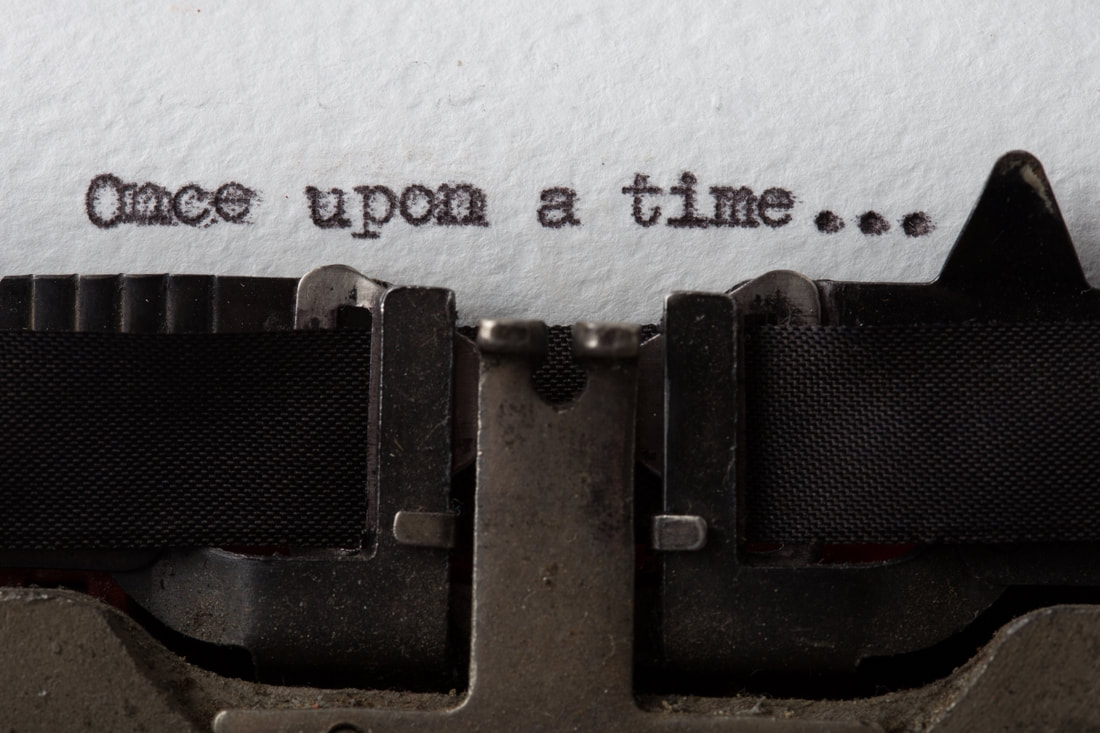Step 1: Understanding the role of agents, publishers and self-publishing platformsOkay. So. You’ve written your novel. You’ve edited, polished, redrafted and tweaked. You’ve sent it out to trusted friends and family for feedback, and you’re as sure as you can be that it’s ready to go.
Now what? The world of publishing can seem like a confusing, forbidden landscape to emerging authors. It’s filled with bewildering terminology and an overwhelming set of rules that you’re just expected to know, on pain of instant rejection. But it doesn’t have to be intimidating. Over the next few posts, I’m going to go through some of the key steps involved in navigating the publishing process, and look at how you can give yourself the best chance of success.
0 Comments
Northern Ireland's place in the history and future of speculative fictionAs a Belfast writer, born and bred, I'm proud to be part of the rich tradition of speculative fiction in Northern Ireland.
And if you're thinking, "Northern Ireland has a rich tradition of speculative fiction...?" don't worry - you're not alone. We do, but it's not necessarily the first thing people think of when they think about this place. Unleash your writing potential with the power of plottingYou don’t have to plot your novel in advance. I’m going to say it louder for the folks at the back: YOU DO NOT HAVE TO PLOT YOUR NOVEL IN ADVANCE. Writing to find the story is a valid process, and if it’s the one that works for you there is no point whatsoever in trying to make yourself write differently. That way madness lies.
With that said – I generally find that most of the writers I work with are non-plotters by default, mostly because they’ve never known how to approach the task of creating a detailed outline for their novel in advance. This step-by-step approach I’m about to take you through isn’t aimed at the inveterate non-plotters who’ve established and refined their process. It’s for the emerging writers still figuring out what works for them. There are at least as many approaches to plotting as there are plotters writing their novel. This isn’t the only way to do it. It’s a starting point. An introduction. A whistle-stop tour through the elements to consider when structuring your unwritten book. Use the bits that work for you and discard the bits that don’t. Like everything in this craft, learning how you do it is part of the fun. Tips and tricks to get your writing restarted after it's ground to a halt“A writer,” as Thomas Mann once famously said, “is someone for whom writing is more difficult than it is for other people.” And if you’ve ever found yourself putting more energy into avoiding your work-in-progress than actually just writing the damn thing (guilty), you’ll know how accurate he was.
The good news is, there are ways to get around the obstacles that get in the way of your writing journey. The bad news is that you might actually end up busting through all the excuses and having no option but to get writing again. Read on at your peril… Unlock the power of expository dialogue in fictionAt the start of a new term of writing classes, I always ask my students if there are any particular aspects of fiction writing that are causing them concern. And every term, at least one writer – and usually more – tells me that they’re worried about writing dialogue.
Primarily, they’re worried about making their dialogue sound natural. Fair enough. Our primary access point to a narrative is through character, and having a character say something at odds with how we understand the operation of normal human communication is a great way to knock your reader out of the story. But unless you’re going absolutely wild with fancy phraseology and dense, complicated language… you probably have more leeway than you think before you go off the rails. Here’s why “naturalism” in dialogue is much less important than you might think. |
Tips, tricks & advice to help your writing shineCategories
All
Blog updates on the first of every month.
|





 RSS Feed
RSS Feed